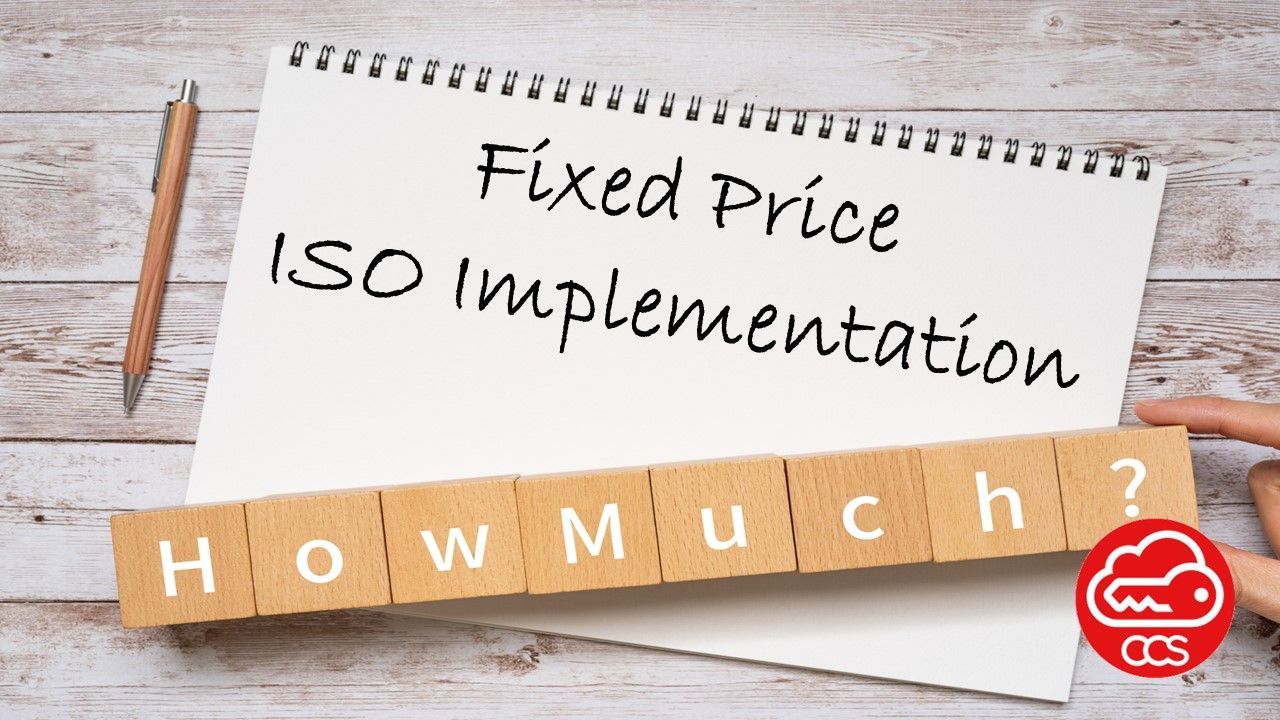Our comprehensive range of services covers a spectrum of crucial aspects, including new ISO Standard Implementation, ISO Managed Services, ISO 27001 Transition, Gap Analysis, internal auditor training, management system analysis, pre-audit services, internal audit support, and senior management review meetings. Each of these services offers distinct advantages, ensuring that your ISO journey is not only compliant but also efficient, cost-effective, and conducive to sustained excellence.
Streamlining Risk Management: The Role of ISO Standards
The primary objective in risk management is to help organisations identify, mitigate, and manage risks effectively. This task becomes significantly more manageable with the implementation of ISO standards, which provide a structured, globally recognised framework. Leveraging these standards not only streamlines processes but also enhances operational consistency, improves regulatory compliance, and boosts stakeholder confidence. ISO standards simplify the identification of risks, support proactive risk mitigation, and help position organisations as credible, resilient entities. Ultimately, adopting ISO standards leads to more efficient risk management while delivering greater value to the organisation.
1. A Framework for Consistency and Predictability
ISO standards offer a globally recognised framework that encourages consistency across an organisation’s processes and systems. By following ISO guidelines, businesses can reduce variability in operations, thereby minimising the risk of unforeseen issues. For example, ISO 9001 (Quality Management Systems) ensures that quality control processes are standardised, leading to consistent product and service quality. As a consultant, working within such structured frameworks makes it easier to identify risks, predict outcomes, and implement solutions that are both effective and sustainable.
2. Improved Risk Identification and Mitigation
A key advantage of ISO standards is their emphasis on a systematic approach to risk management. Standards such as ISO 27001 (Information Security Management Systems) and ISO 22301 (Business Continuity Management) require businesses to conduct thorough risk assessments, identify potential threats, and implement controls to mitigate those risks. As a consultant, using these standards can guide your clients through a structured risk assessment process, enabling you to identify vulnerabilities more effectively and recommend targeted, actionable improvements.
3. Enhanced Credibility and Trust
ISO certification is a powerful tool for demonstrating an organisation’s commitment to high standards of quality, safety, and efficiency. When your clients adopt and achieve certification under ISO standards, it enhances their reputation in the marketplace and fosters greater trust among stakeholders, customers, and regulators. This credibility is crucial for managing risks related to brand reputation, regulatory compliance, and stakeholder relations, ultimately simplifying your role in managing reputational risks and ensuring compliance.
4. Streamlined Compliance and Legal Alignment
Many ISO standards, such as ISO 14001 (Environmental Management Systems) and ISO 45001 (Occupational Health and Safety Management Systems), closely align with legal and regulatory requirements. By implementing these standards, organisations are often better equipped to meet local and international regulations. This alignment reduces the risk of non-compliance, legal penalties, and costly litigation—issues that you, as a consultant, are tasked with preventing. ISO standards thus provide a built-in framework to help organisations stay compliant, allowing you to focus on higher-level risk strategies.
5. Proactive, Not Reactive, Risk Management
ISO standards promote a proactive approach to risk management by encouraging continuous monitoring, evaluation, and improvement. For instance, ISO 50001 (Energy Management Systems) and ISO 27001 (Information Security Management) emphasise the Plan-Do-Check-Act (PDCA) cycle. This cyclical approach means that organisations are constantly reviewing their processes, which helps them detect potential risks before they escalate into issues. For risk management consultants, this continuous improvement model means fewer crises to manage and more opportunities to focus on strategic planning and value-added initiatives.
6. Versatility Across Industries and Organisation Sizes
ISO standards are designed to be scalable and adaptable, whether your clients are small businesses or large enterprises. ISO provides standards across a wide range of industries, including healthcare, technology, manufacturing, and artificial intelligence. This versatility allows you to apply consistent risk management principles across different sectors and organisational sizes. Whether you’re working with a start-up implementing ISO 27001 for information security or a multinational corporation aiming for ISO 22301 certification in business continuity, these standards provide a common language and structure that simplifies your consultancy approach.
7. Cost-Effective Risk Reduction
Implementing ISO standards often leads to direct cost savings, which is a significant advantage in risk management. For example, ISO 50001 helps organisations improve energy efficiency, reducing operational costs and mitigating risks associated with energy dependency and price volatility. Similarly, ISO 45001 helps reduce workplace accidents, lowering legal fees and insurance premiums. By helping your clients implement these standards, you provide them with the dual benefit of reducing both operational risks and costs, making your consultancy services more impactful.
8. Facilitation of Continuous Improvement
Risk management is not a one-time activity; it requires constant vigilance and adaptation to new challenges. ISO standards, particularly ISO 9001 and ISO 14001, place a strong emphasis on continuous improvement. For consultants, this focus on iterative enhancement means you can help clients build robust systems that evolve with emerging risks, regulatory changes, and market shifts. This proactive culture of improvement reduces the frequency of risk-related crises and facilitates long-term sustainability.
ISO Standards as a Strategic Asset for Risk Managers
Incorporating ISO standards into your risk management consultancy practice can significantly ease your workload while delivering superior results for your clients. These internationally recognised frameworks offer clear guidelines for quality, safety, environmental sustainability, and security, making it easier to predict, manage, and mitigate risks. Furthermore, ISO certification enhances your clients' credibility and helps ensure compliance with regulations, which is increasingly essential in today’s global business environment.
By leveraging ISO standards, you not only streamline risk identification and mitigation processes but also position yourself as a consultant who helps clients achieve both operational excellence and competitive advantage. This leads to stronger, more resilient organisations that are better prepared to navigate the uncertainties of an ever-evolving marketplace.




